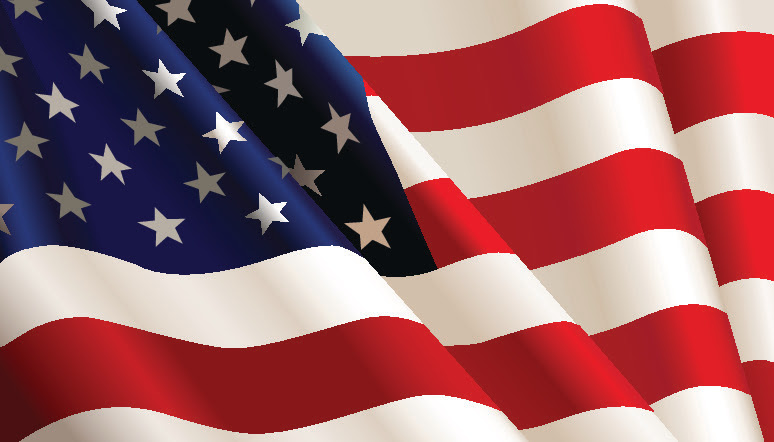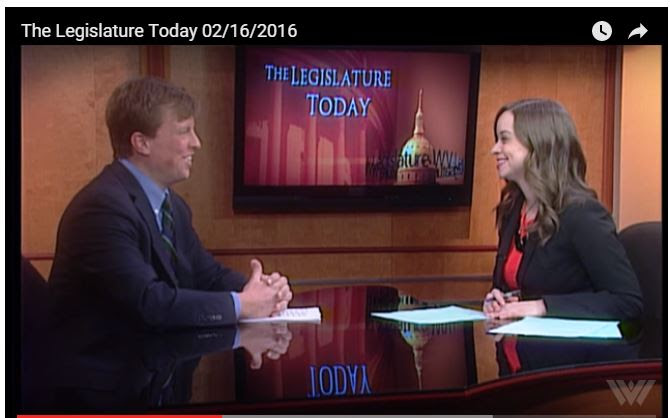Legislators have begun their consideration of five pieces of legislation that would call upon Congress to hold a Constitutional Convention. The bills are HB 4449, HB 2424, SCR 4, SCR 10 and HCR 36.
Supreme Court Justices and prominent legal scholars on both sides of the aisle agree there is no way to effectively limit the issues a constitutional convention could consider once it’s called. The Constitution itself provides no basis for concluding that a convention could be limited to issues specified in resolutions like the ones before our legislature (like campaign finance, balanced budget requirement, for example) and that means the Bill of Rights could be rewritten.
“I certainly would not want a constitutional convention. Whoa! Who knows what would come out of it?” – Supreme Court Justice Antonin Scalia. Watch C-SPAN clip of his statement.
Speak out against these bills and resolutions at a public hearing tomorrow, Saturday, February 20 at 9:00 AM in the WV House Chamber.
Can’t attend? Tune in to the West Virginia Channel for live coverage.
Here’s more in Tara’s op-ed on why this dangerous idea would open up our Constitution to a chaotic and unprecedented process while not solving the problems legislators are trying to tackle.

To improve the state’s fiscal health and its economy, policymakers need to consider additional revenue sources. Otherwise, the state will continue to underinvest in its workforce and diminish its ability to provide long-term economic growth and improve the health of its communities.
This was among the key findings in our annual analysis of the governor’s proposed budget.
Again this year, higher education funding is projected to take another hit. Student government associations at West Virginia University and Marshall have come out in opposition.
Here’s more in an editorial in the Charleston Gazette-Mail today and here.
Ted spoke with Ashton Marra on the Legislature Today this week about our report.
What is the status of this year’s legislation to balance the budget? Here is a quick recap.

Lawmakers may expand restrictions to West Virginia’s SNAP programs, on top of requiring drug testing on people who receive TANF. Food banks say that would only raise the pressure on already-stretched feeding programs. Here’s more from WV Public News Service. Read
The so-called “Welfare Fraud Prevention” Act would use private vendors to verify the eligibility of recipients. In part one of his three-part series, Ted looks at how Illinois’ expensive and inefficient program, where vendors essentially received a commission for finding ineligible people, kicked people off assistance needlessly.

Despite one of the lowest voter turnout rates in the nation, today the West Virginia House passed the Voter ID law. If West Virginia has a voting problem, it’s that not enough people vote. West Virginia ranked second-to-last in voter turnout for the last two presidential elections.
Here’s more in Sean’s blog post.
 National Perspective on West Virginia’s Switch to “Right-to-Work”
National Perspective on West Virginia’s Switch to “Right-to-Work”For a comprehensive look at how West Virginia evolved from a strong union state to a “Right to Work” check out this article in the Washington Post which quotes Delegate Woody Ireland, WV AFL-CIO President Kenny Perdue, Senator Ron Miller and WVCBP Executive Director Ted Boettner. Here’s a video that goes along with the news story.